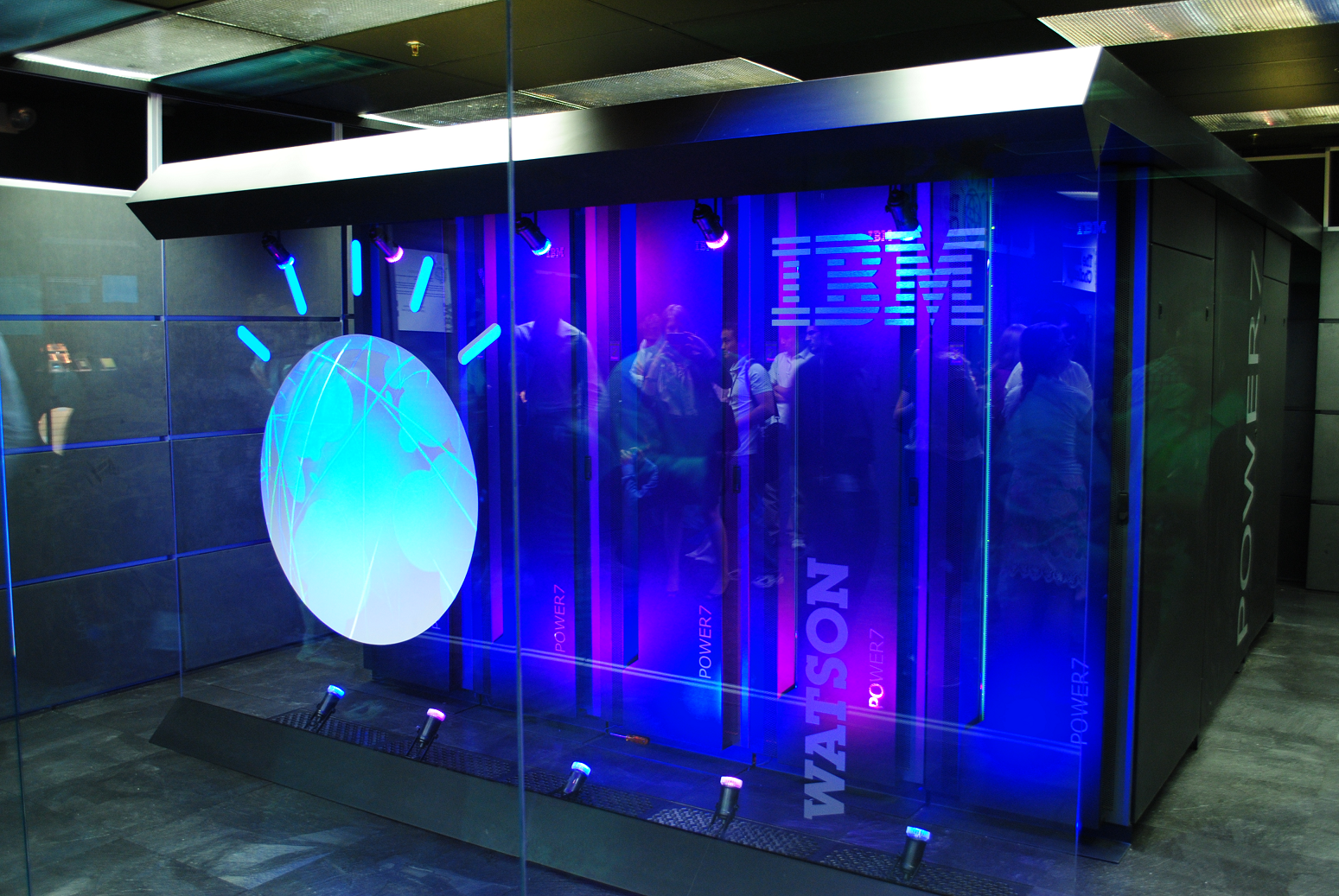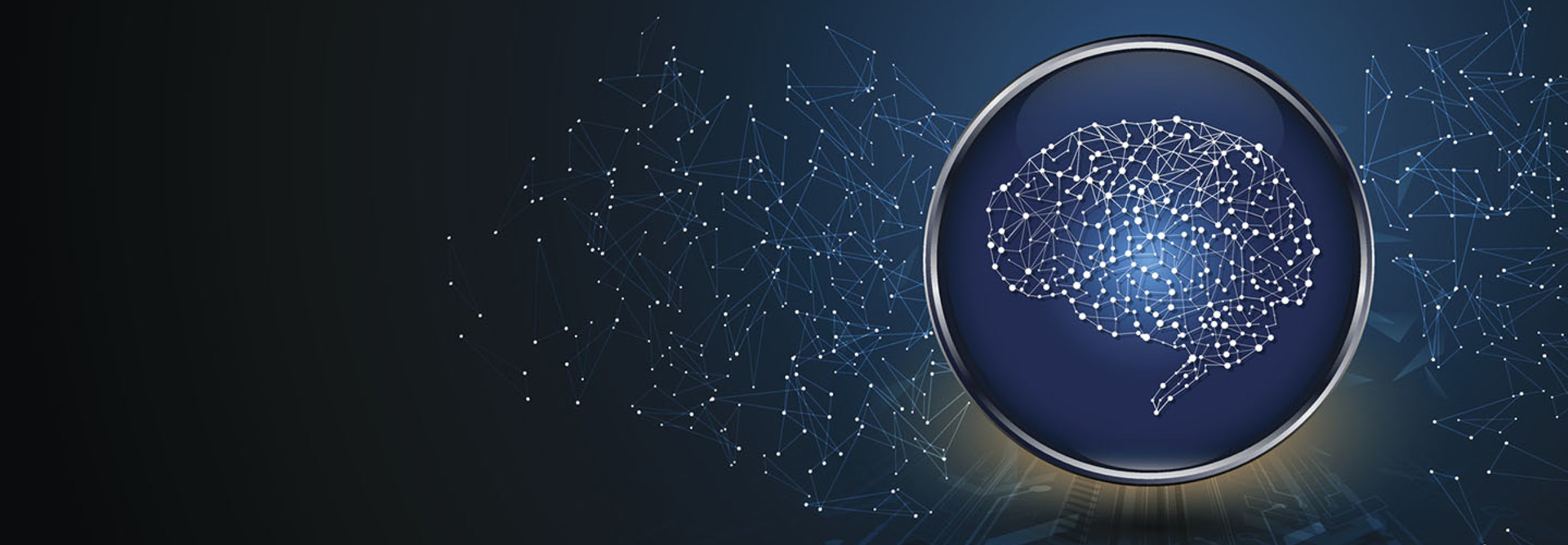HIMSS 2017: IBM CEO Touts Watson as Taking the Lead in Guiding the Cognitive Learning Era
 When Ginni Rometty was named president and CEO of IBM in January 2012, she envisioned the then-newly introduced Watson cognitive learning platform as the next moonshot.
When Ginni Rometty was named president and CEO of IBM in January 2012, she envisioned the then-newly introduced Watson cognitive learning platform as the next moonshot.
Five years later, as Watson continues to evolve, she says it can change the world for the better amid a shifting societal and political landscape that’s having a tremendous impact on healthcare.
“On one hand this is a very serious moment,” Rometty said Monday during the opening keynote at the Healthcare Information and Management Systems Society’s 2017 conference in Orlando, Fla. “On the other hand, I feel that this is a profoundly hopeful moment in time for all of us.”
The world, Rometty said, is at a moment of transformation that she dubbed the cognitive era. “We can reinvent many pieces and we can change things, whether it’s personalized medicine, epidemiology, wherever we go, it’s a moment,” she said. “I think it’s within our power that we can change the world for the better.”
That change could usher in a “golden age,” Rometty said, but only if it’s shaped wisely. “I believe healthcare could be the leader for the world in showing what it means for an industry to shape an era.”
Artificial Intelligence Is Mainstream
Digital is a foundation for everything, Rometty said. The competitive advantage, therefore, will come from being cognitive. To that end, she said, there is currently a land rush around artificial intelligence.
“Those who are successful end up applying a range of cognitive services,” Rometty said. “It’s not enough to think of artificial intelligence or natural language. You need deep learning, you need many more algorithms. You have to provide transparency.”
That’s the approach IBM is taking to continually build out Watson, which Rometty said is now being used in 45 countries and 20 industries. The platform knows nine languages and is on a path to touch 1 billion consumers by the end of 2017.
Promising Precision
At the University of North Carolina’s Lineberger Comprehensive Cancer Center, Watson’s decision-making was tested against the decision-making of doctors. Of 1,000 cases examined, Rometty said, the doctors and Watson matched nearly every time.
However, in 30 percent of those cases, she said, Watson found more clinically actionable items.
“That to me is what this is all about,” Rometty said. “We’re scaling genomics. Watson for Genomics is with Quest Diagnostics, so we will reach and could reach genomic sequencing, advanced stage cancer for almost any patient in the United States … Precision medicine to me is just now going to come alive.”
An Aid, Not a Replacement
Make no mistake about what IBM is doing, Rometty said: building technology to augment human intelligence, not replace it. This is not man vs. machine, she said, but rather man and machine.
“A doctor, this is his aid, this is his colleague,” Rometty said. “It is not about fear here. Everything we build is built that way.”
To that end, she said, transparency and skills development are vital to survival in the cognitive era. Dissecting the former point, Rometty said, IBM will always be clear about how its AI is trained and who trained it. Talking about the latter, she uses a term called “new collar.”
“It’s not blue collar, it’s not white collar, it’s a future job that’s going to bring data, technology to almost anything you do there,” she said. “We can all start to do our job by preparing our kids coming out of school, our retraining, all around what this world does.”









